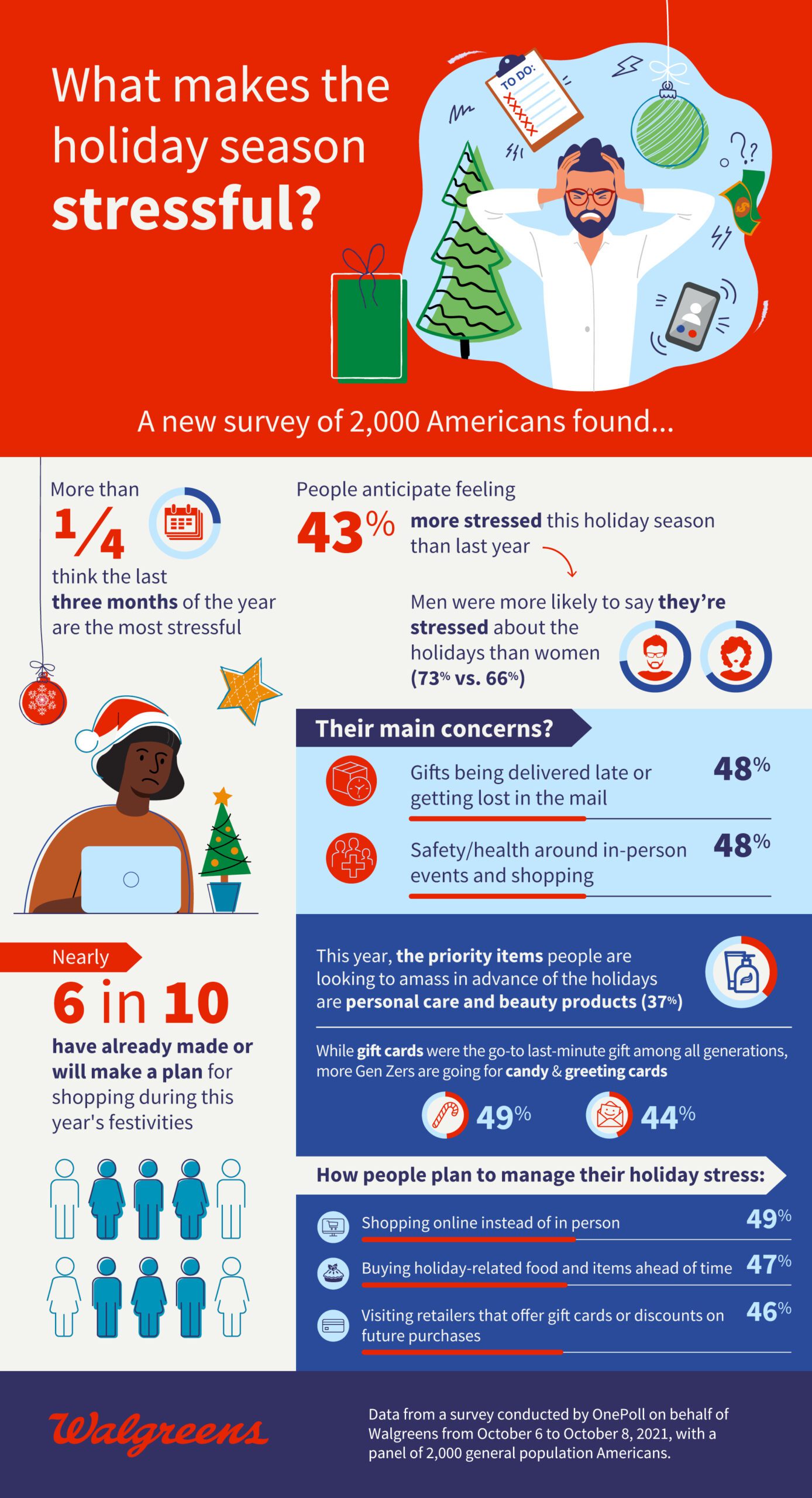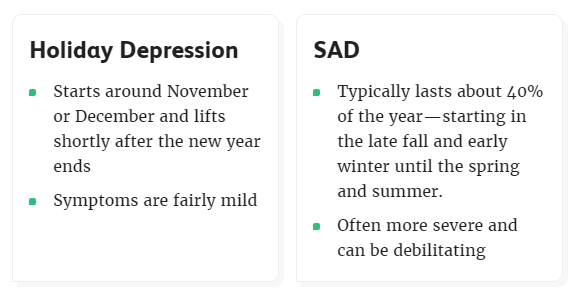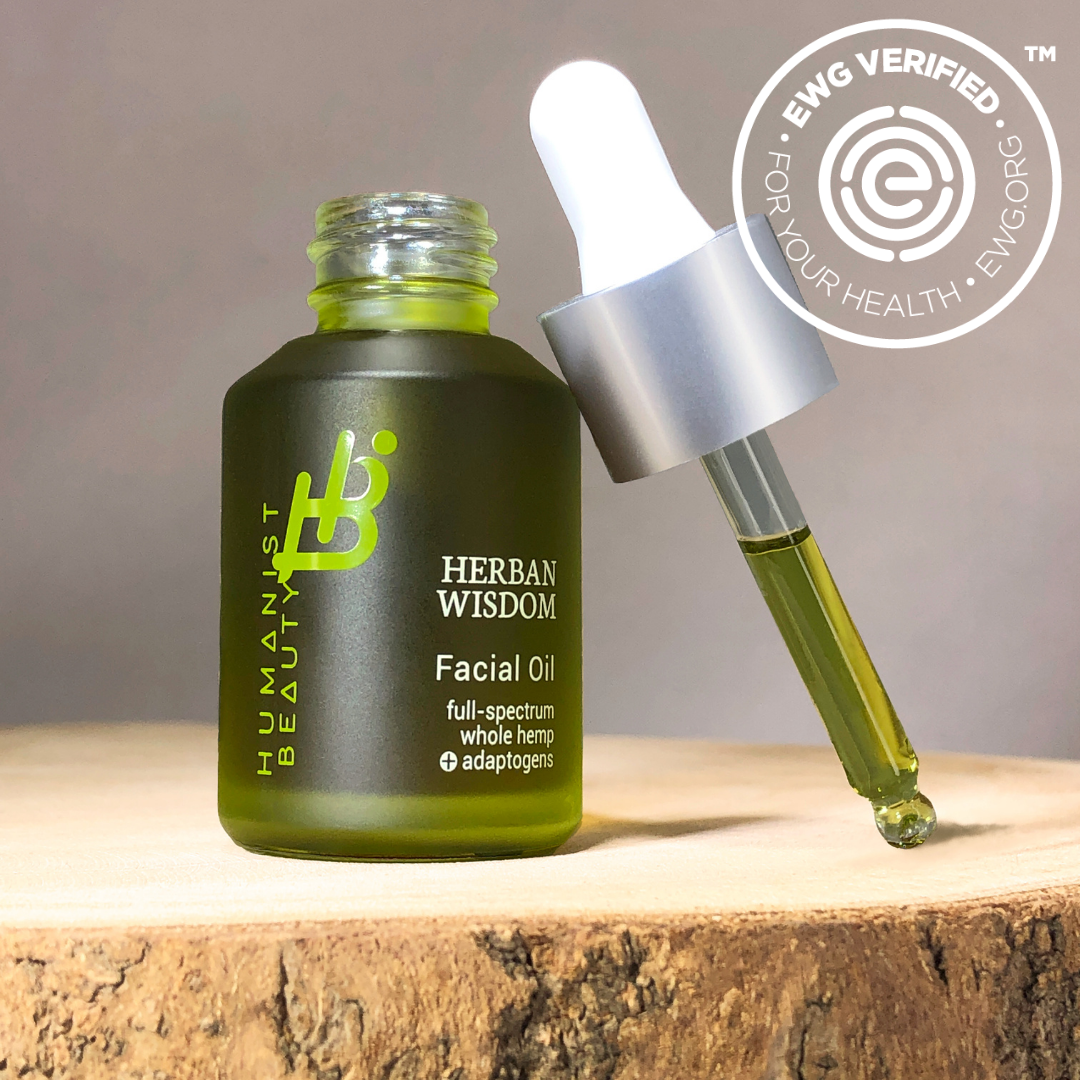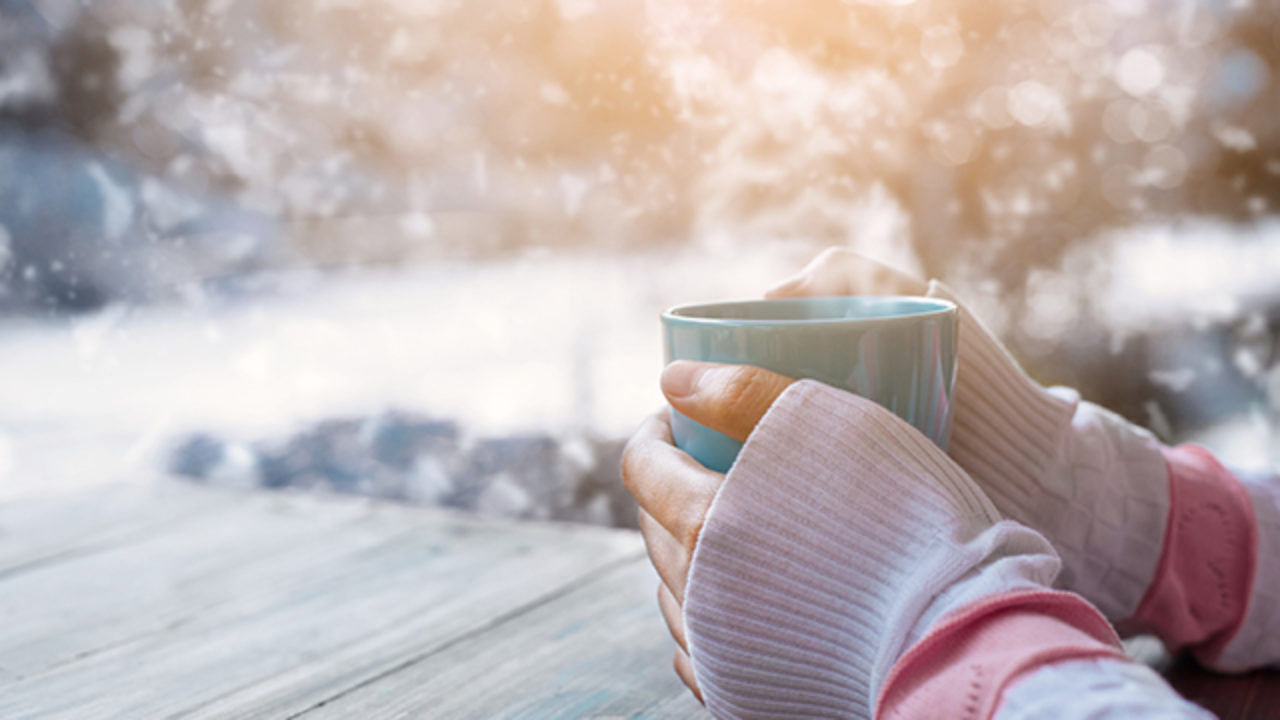Managing Stress During The Holiday Season
The holidays can be a time to take a breath, recharge, and reflect on the past twelve months. Ironically, though, the season can be the exact opposite for many people. According to a Healthline survey, 44% of people say that they are stressed during the holidays, with more than 18% reporting that they’re “very stressed.”1 Thankfully, there are ways to ease your stress through the holiday season. In this blog, we’ll explore how and why stress peaks during the holidays and some mindful ways you can reduce stress to be able to enjoy the season with calm and joy.
Exploring Holiday Stress
The American Psychological Association found that more people in the United States find their stress increases rather than decreases during the holiday season for a variety of reasons. Lack of money for gifts, lack of time to shop and cook, and the overwhelming commercialism and hype of the holiday season can all increase the amount of stress felt during the holidays.2
According to a recent survey of 2,000 adults that set out to explore stress and the holiday season, 77% of respondents said they have a hard time relaxing during the holidays and usually end up feeling more stressed and worn down than ever. 56% said that the extra financial strain brought on by the holidays is their biggest source of anxiety.3
Others frequently mentioned that finding gifts for everyone (48%), stressful family events (35%), and putting up decorations (29%) led to their anxiety. All in all, 88% of respondents believe the holidays are the most stressful time of the year with 84% saying excessive feelings of stress start as early as November.4
Two in five respondents say they would rather stand in line at the DMV than deal with holiday stress. Similarly, one in five would rather sit beside a crying child on a long plane ride. Unfortunately, that stress makes it very difficult for many Americans to enjoy the holidays (49%); so much so that a third of respondents said they just don’t find happiness in the holidays anymore.5

Pictured: Holiday stress statistics Source: SWNS Digital
Symptoms of Holiday Stress
For many individuals, the most common symptom of holiday stress is a persistent feeling of sadness that begins during or before the season. This recurring feeling may vary in duration and intensity with some feeling down periodically, but many claim they get small boosts of upbeat emotions throughout the season.
More signs of holiday stress may include:
- Depressed or irritable mood
- Changes in appetite or weight
- Feeling tense, worried, or anxious
- Difficulty concentrating
- Changes in sleep patterns
- Feelings of worthlessness or guilt
- Feeling more tired than usual
Holiday Stress vs. Seasonal Affective Disorder (SAD)
Feeling stressed or upset during the holidays can also be a sign of seasonal affective disorder (SAD). SAD is a form of depressive disorder that occurs in seasonal patterns during certain months of the year. Holiday depression and SAD can be difficult to distinguish from one another, but the duration and severity of the symptoms are usually the clues.

Pictured: Holiday depression vs. SAD source: Very Well Mind
If the holiday season passes and you’re still feeling depressed or anxious, talk to your doctor or a mental health professional to determine if what you are experiencing is a more significant mood disorder. Your doctor can assess your symptoms and determine a treatment that’s right for you.
Mindful Tips to Beat Holiday Stress
It’s absolutely possible to not only survive the holiday season but to even thrive and connect to your particular observance in a deeper and more profound way. Here are some of the most common stressors that present themselves this time of the year, along with mindful antidotes to help you enjoy the season:
Overwhelming Time Demands
Around the holidays, your schedule most likely fills up quickly with work and personal get-togethers. These back-to-back parties can often feel overwhelming as you try to juggle them with all of your other commitments. Additionally, you may feel pressed for time as you try to plan a holiday experience your family and friends will love. After all, a lot goes into a party.
Antidote: Treat yourself. You don’t have to say yes to everything. In reality, giving and giving without stopping is not an altruistic notion. Becoming aware of when you need to refuel allows time to re-energize and re-center. Self-care matters; you can treat yourself to a simple bath and a night of delicious takeout to let the holiday stress fade away.
Expectations of Holiday Perfection
While it’s nice to take the time to create an aesthetically pleasing holiday experience, it’s easy to get caught up in a trap of perfection. Not only does this mindset make the holidays less joyful, but it also can set you up to experience disappointment. It’s important to remember that nothing is perfect; coming to this realization, along with finding your way to deal with it, can determine your well-being.
Antidote: Reflect on the meaning of the holidays. It’s easy to get caught up in the commercial version of what the holiday season means in modern times, but taking the time to reflect on what matters, whether it be tradition, spirituality, or religion, can help you keep your perspective as the year draws to a close.
Holiday Loneliness
The pressure to please the people you love with gifts during the holiday season is ever-present. Instead of a joyful endeavor, gift-giving can easily become a chore causing many to feel down if they don’t receive something equally meaningful. Additionally, pressure can also manifest as you long to spend the holidays with those you love, creating feelings of loneliness.
Antidote: Donate your time to help those less fortunate. The holidays are a great time to practice the art of compassion and to think of others’ needs ahead of your own. You can use the time to give to and establish meaningful connections with those who may not have as much as you. Giving doesn’t necessarily have to be a physical or monetary gift; it can come in many forms like spending quality time or even a heartfelt message saying ‘I’m thinking of you.’
Stress and Family Anxiety
Family stress shows up in many ways. While there might be real difficulties surrounding the interpersonal dynamics of your family, it’s easy to get caught up in fuelling the fire rather than abating it. Most of the stress and anxiety around family is often anticipatory and based on not-so-pleasant past experiences, combined with the upcoming mix of different personalities.
Antidote: Engage in gratitude. Take the time to step back and regard all that you have. Gratitude goes a long way when it comes to overall wellness, so, while in the midst of the holiday season tumult, try to re-center by consciously being grateful for the multiple aspects of this season, along with the loved ones that you’re blessed with.
Destress With The Humanist Beauty Herban Wisdom® Facial Oil
 With the holidays coming up, a lot of us are feeling more stress and sensitivity, and of course, the emotions we feel have a way of showing up on our skin. That’s why we handcrafted the Herban Wisdom® Facial Oil to feel like a soothing sanctuary for weary, worried, vulnerable skin. Just a few drops incorporated into your self-caring ritual helps visibly recharge skin to appear calm and balanced. Here’s to feeling better and holiday cheer!
With the holidays coming up, a lot of us are feeling more stress and sensitivity, and of course, the emotions we feel have a way of showing up on our skin. That’s why we handcrafted the Herban Wisdom® Facial Oil to feel like a soothing sanctuary for weary, worried, vulnerable skin. Just a few drops incorporated into your self-caring ritual helps visibly recharge skin to appear calm and balanced. Here’s to feeling better and holiday cheer!
How do you practice mindfulness during the holidays? Let us know in the comments.
References:
https://www.healthline.com/health-news/what-stresses-us-most-at-the-holidays-113015#2 [1]
https://www.apa.org/news/press/releases/2006/12/holiday-stress.pdf [2]








